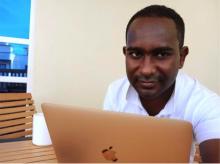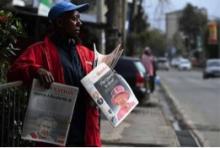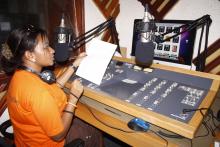The practice of critical journalism and reporting in Somalia has become a difficult venture as it involves arrests, persecution or even death.
Somalia has maintained its first position as the most dangerous country for journalists in Africa, for the last eight years, and considered as one of the most dangerous places for journalists all over the world.
Abdalle Ahmed Mumin has always prioritized fighting for media freedom and human rights in Somalia. This has put his life and family in danger but his perspective was shaken when he could no longer have himself protected against the Somali government as a journalist for the past 20 years. Abdalle was accused of disobeying government directives in October 2022 and later in March 2023, he fled to Nairobi for safety where he is living until now.
Unlike many African countries where state-owned media houses control the landscape, Kenya’s most influential media organisations are privately owned and this has significant implications for press freedom in the country.
The largest media organisations – Nation Media Group, Standard Media Group and Royal Media Services – own multiple newspapers and television and radio stations across the country, and their shareholders include powerful individuals and companies.
As one of the African countries with the highest foreign and local media presence and the most active and independent media council, Kenya has received great acclaim for a vibrant media environment compared to other nations on the continent.
The World Press Freedom Index prepared by Reporters Without Borders (RSF) ranked Kenya at 102 out of 180 countries in 2021, and in 2022, the position improved significantly, moving to 69 out of 180, the best ranked in East Africa.





